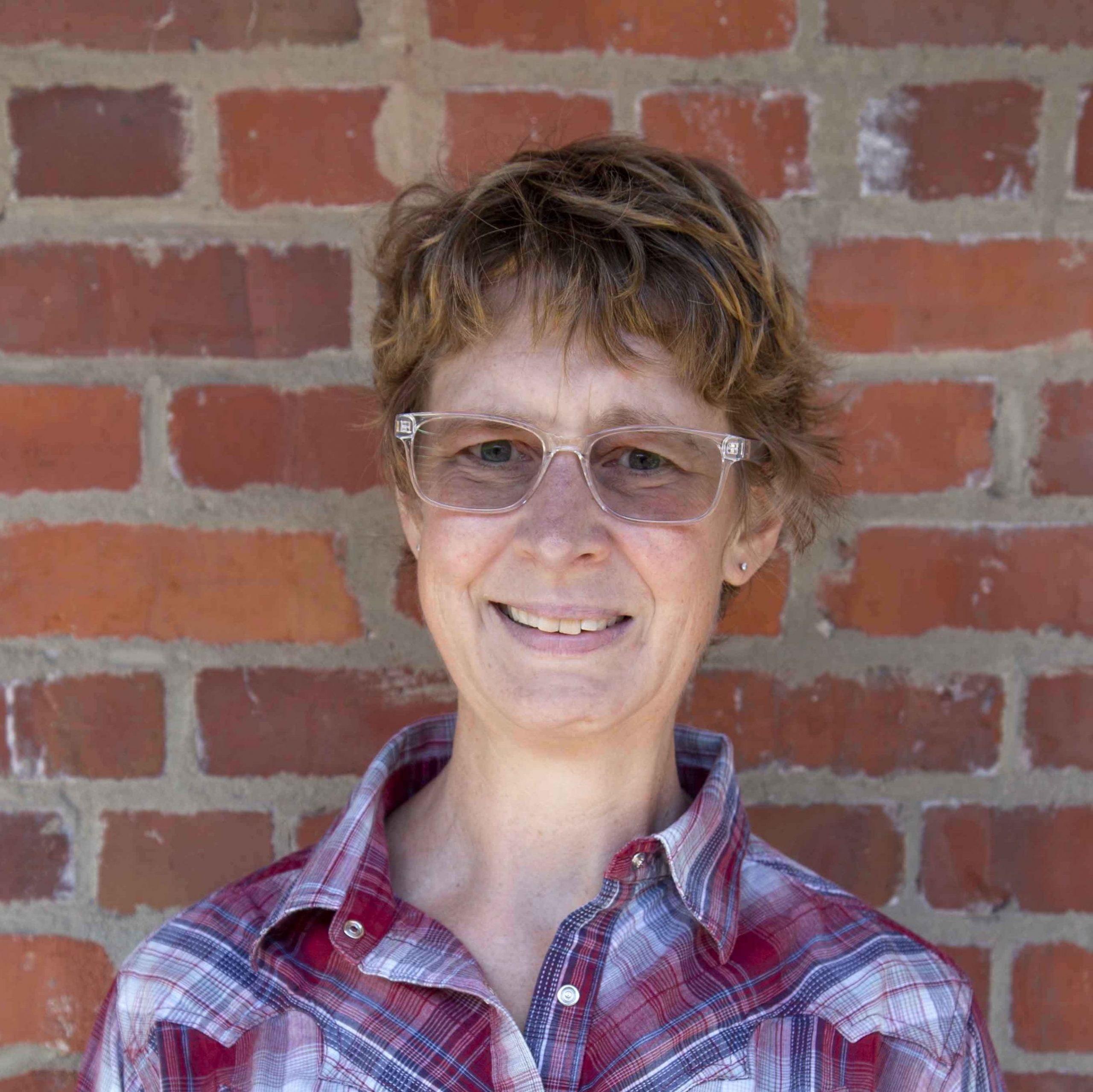You have /5 articles left.
Sign up for a free account or log in.
In our book Learning Innovation and the Future of Higher Education, we profile Duke Learning Innovation as an example of a new type of campus organization that is transforming postsecondary teaching and learning.
An example of the sort of work that Duke Learning Innovation is doing is the Carry the Innovation Forward project. This initiative is designed to help Duke faculty challenge old assumptions about the efficacy of the university’s pre-pandemic teaching and learning practices, and sociologist Kim Manturuk, associate director of research, evaluation and development, leads the effort to increase Duke’s research on teaching and learning under this umbrella.
Kim graciously agreed to answer our questions about her career, the work of Duke Learning Innovation, and the initiatives that she is leading.
Q: Tell us a bit about your background and how you came to work with Learning Innovation.
A: My background is in sociology, and I previously led a research team at the University of North Carolina at Chapel Hill looking at ways to help low-income families build financial capacity. Education was always something we thought about—how can we make education more accessible to more people? I joined Duke’s Learning Innovation group initially as a program evaluator to help answer that question. My role was to leverage data and analysis to identify opportunities for improvement.
In 2018, Learning Innovation added a research and development group to help incubate new technologies, practices and pedagogies. Over the past three and a half years, we have dramatically expanded resources and support for translational research on teaching at Duke. Our team has supported a really diverse range of projects, from understanding how to better support LGBTQ+ students during the pandemic to helping develop a text-based study app.
One of the best parts of my job is that my team has a lot of leeway to try new things. From the beginning, our goal has always been to say yes to all good ideas and fail quickly when something isn’t working. I think that Duke is pretty unique in how the university brings a start-up mentality to research on teaching and learning.
Q: Tell us about Carry the Innovation Forward. What are the goals of this work for Duke, and why might this project be of interest to the broader higher education community?
A: Carry the Innovation Forward is a program Learning Innovation created to support Duke faculty members who wanted to translate their remote teaching experiments into more sustained innovations. We offered selected project teams funding along with support from our teaching and learning consultants, our instructional design team, our technology group, and my team, which supports research and evaluation.
One key aspect of this program was that all the projects we supported have the potential to inform the broader higher education community. We didn’t want to only find out if a new idea would work at Duke; we wanted to support research that could be truly impactful across the field. This meant that we had to take some risks; not every project we have supported will be completely successful. But I think that even the unsuccessful projects represent an important contribution to the culture of collaboration and risk taking in higher education.
Q: Last year you worked with other partners to launch the Pandemic Pedagogy Research Symposium, and you’ve announced a second symposium this year. Tell us about that.
A: After talking with faculty members at Duke throughout the spring 2021 semester, I was struck by how many of them were adapting to remote teaching in creative, flexible and student-centered ways they had not considered before. Not only were they trying new things, but they were doing research on their experiments and innovations. We wanted to create an event that would let Duke faculty members share their experiences and research across our campus community. After mentioning the idea to some colleagues, we decided to solicit submissions widely and create a free virtual symposium that would showcase pedagogies and technologies that had emerged during the prior year.
The response was overwhelming; we had 48 presenters from around the world and reached our cap of 750 attendees. One of my favorite parts of the symposium was the Spark Track, a lightning-round track where people presented new and in-progress research with an applied focus. Another exciting aspect of the symposium was that it connected people who were involved in very different aspects of remote and hybrid learning. We learned about emerging research from faculty members, university administrators, instructional designers and even film producers.
When many universities returned to hybrid or in-person instruction this past fall, instructors often brought some of the innovations they had developed during remote teaching back to campus with them. Early research suggests that some of these pandemic-born innovations are leading to more equitable student assessment, more flexible learning modalities and more effective ways to foster engagement. Our goal for the 2022 symposium is to hear from people across higher education who are transforming the way they teach. Our call for proposals is currently open, and thanks to the support from our co-sponsors, event registration remains free. We’d love to see submissions from your readers who are doing new and interesting work in this area.




